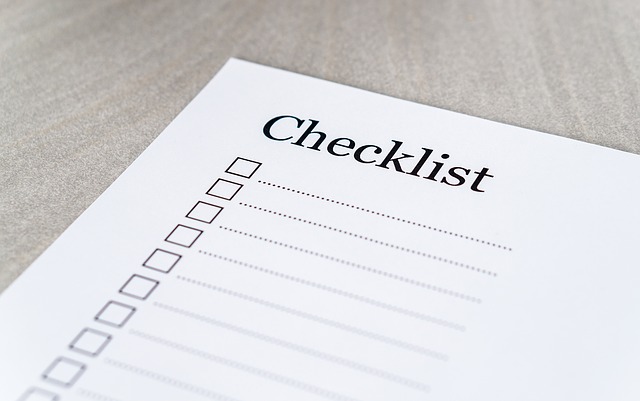Creating a routine is an important exercise regardless of whether it’s related to business, health or well being. They say it takes 21 days for a habit to form, and the structure of a good routine should become a habit to ensure that you are provided with the best building blocks to live your life.
I know personally, that I struggle to form routines and habits. I tend to flit around between tasks as needed, but that can impact things as my business grows.
So, I developed some tips to help me begin to form that routine.
Break down the goal.
I started a 100 day challenge which specified to have your overall goal, but then break it down into micro actions to achieve progress every day.
While my goal has changed since I started the challenge, I am still applying the principles. I’m breaking down big goals into small, micro actions to be able to achieve more.
Those micro actions are added to my planner, and highlighted if I missed them and crossed out if I achieve them.
One bad day does not define you.
If I miss the micro actions set for that day, it’s not the end of the world. I ensure that I add it to the next day’s list to make sure that I have done it and it receives the same treatment then once it’s been completed.
In the past, I used to worry about missing my personal deadlines. I’m not so stressed about it any more.
Build leeway into your schedule.
The main reason why I’m not stressed over it is because I’m building in time to my schedule. The idea is to make the routine as easy as possible to meet each day (or if you miss it, it’s not a big hurdle to jump back in).
Be realistic.
Work backwards in relation to goal setting to be realistic when it comes to meeting the actions to form the routine. If your goal is to increase your sales by x amount in y days, it needs to be something attainable. For me, my goal was to develop a routine where I would stop putting my business to the side when focusing on client work. My business is important, my clients are important. I can’t grow my business, and achieve better results for my clients, if I don’t give myself the time to do the things I need to do.
This is where routine is so important, as is flexibility. Routine makes a great basis for systematising, streamlining and automation of processes.
Celebrate the wins.
If I manage a week of following the small goals I’d set out to focus on in building my routine, I allow myself a reward to celebrate. Nothing big, just something that means something to me. It could be time to spend reading something, the green light to purchase tickets to a course or seminar, or maybe just a block of chocolate.
If I manage to follow the routine for longer, and notice it’s becoming a habit, I allow myself a slightly bigger reward.
At the end of the day, the routine becoming habit will mean my business will grow, allowing myself to be able to assist more people, meaning greater benefit to me, to my business, to my clients and overall, to my financial needs.




